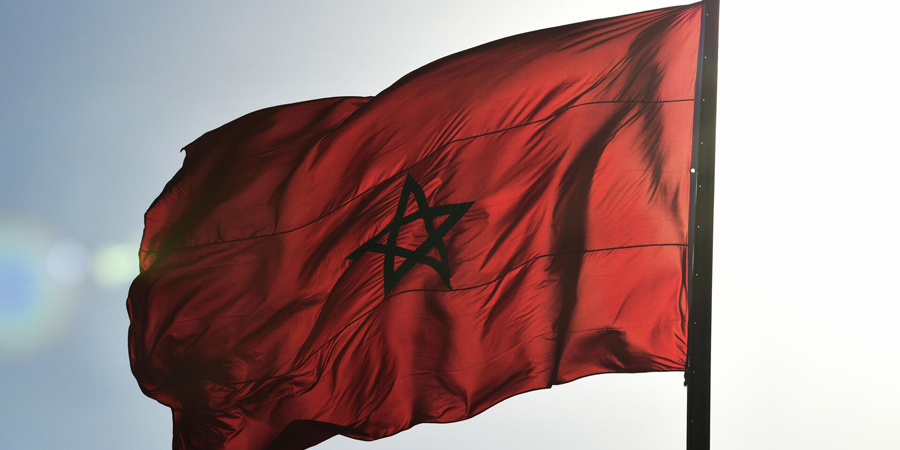The Central Bank of Morocco has begun drafting legislation to control cryptocurrencies and combat illegal activities in the digital industry.
Central Bank Governor Abdellatif Jouahri said the bill would be submitted soon. The development is carried out by the International Monetary Fund (IMF) and the World Bank. The regulator is also consulting with the central banks of France, Sweden and Switzerland, who share their experience in regulating cryptocurrencies.
Juahri assured that the updated regulatory framework, sharpened for crypto assets, will strike a balance between the development of innovation and consumer protection. In addition, it will eliminate Morocco’s “greatest pain points” as it will help combat money laundering and terrorist financing.
Earlier, Juahri said that despite the popularity of cryptocurrencies, they cannot be used in the country due to the lack of a legal framework. In 2017, the government banned the use of bitcoin. The Central Bank and the Ministry of Finance have repeatedly warned users about the risks associated with investing in cryptocurrencies.
According to Chainalysis researchers, there is a high level of adoption of cryptocurrencies in developing countries in Africa. Morocco is one of them, as more than half of the country’s population does not have bank accounts. Given the lack of financial infrastructure and the growing popularity of bitcoin, it has become difficult for the government to enforce the ban. Therefore, the Moroccan authorities consider it more appropriate not to ban crypto assets, but to establish control over them.







